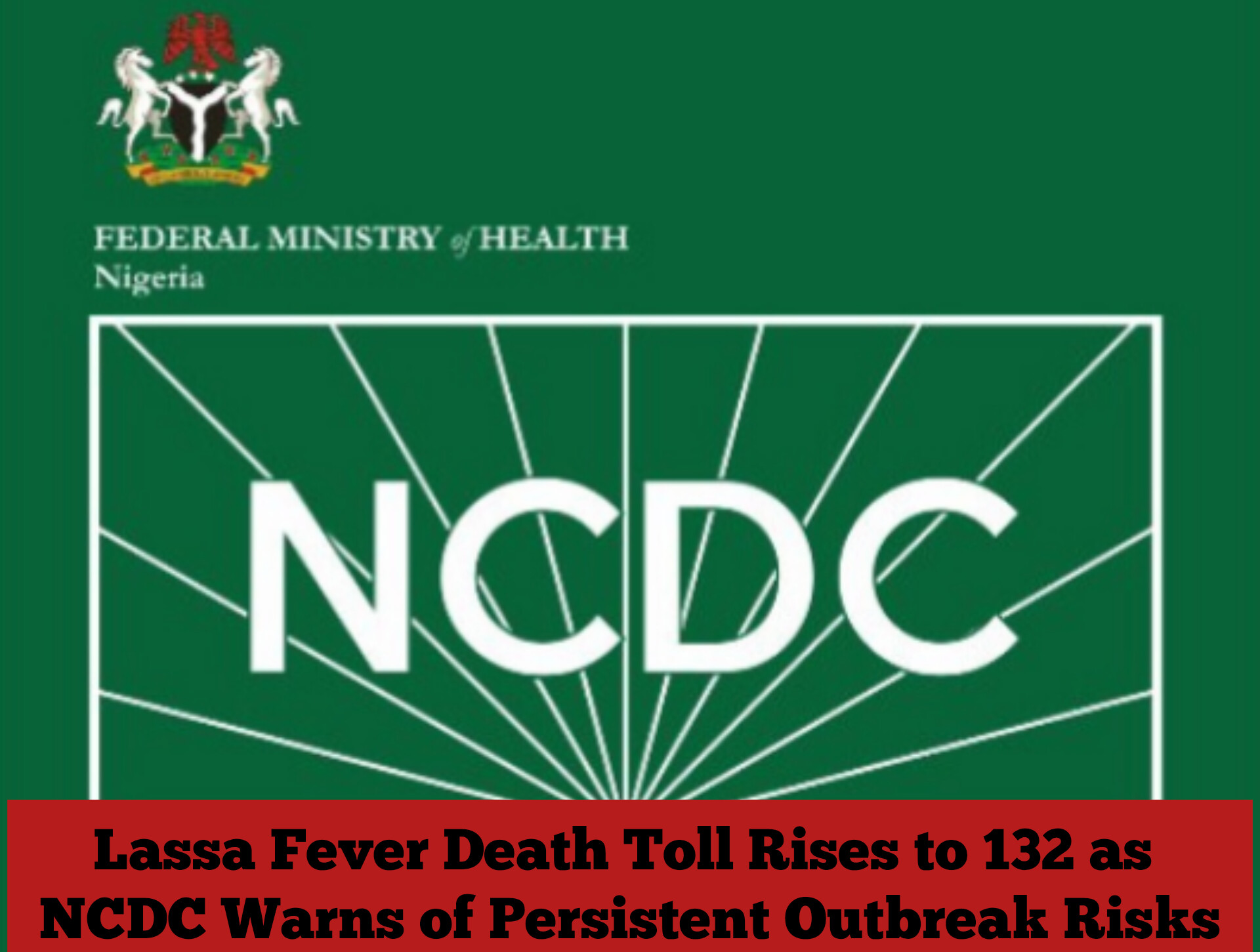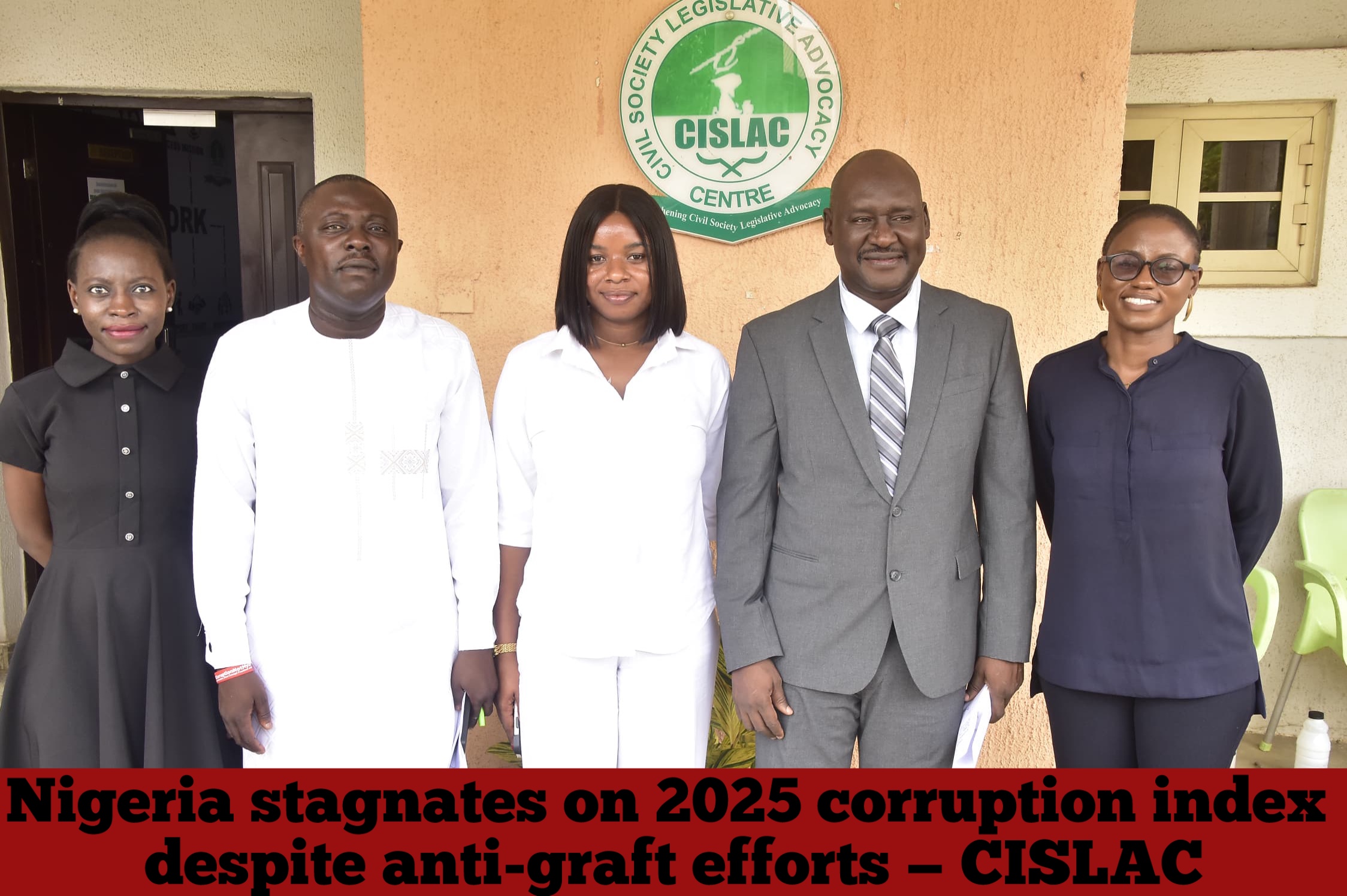The Nigeria Centre for Disease Control and Prevention (NCDC) has announced that the country has recorded a total of 832 confirmed cases of Lassa fever and Mpox in 2025, alongside 135 related deaths. This was disclosed by the Director General of the NCDC, Dr. Jide Idris, during a National Health Security Press Briefing held in Abuja on Friday.
Dr. Idris reaffirmed the agency’s commitment to safeguarding public health through transparent and timely information dissemination and proactive disease surveillance. He noted that the NCDC, in partnership with state health authorities and development partners, continues to monitor and respond to disease outbreaks nationwide via national surveillance platforms.
Lassa Fever: 696 Confirmed Cases and 132 Deaths Recorded
Giving an update on Lassa fever, Dr. Idris revealed that, as of epidemiological week 16 (ending April 20, 2025), Nigeria has reported 4,253 suspected cases, out of which 696 were confirmed, resulting in 132 deaths. This puts the current Case Fatality Rate (CFR) at 19.0%.
He noted a steady decline in reported cases in recent weeks, attributing this to improved surveillance, community engagement, and treatment efforts. However, he warned that the risk remains high in endemic regions, urging continuous vigilance and intensified response strategies.
Cerebrospinal Meningitis (CSM) Situation Stabilizing
On the status of cerebrospinal meningitis (CSM), Dr. Idris reported a steady decline in new cases and fatalities over the past three weeks. As of epidemiological week 14, response measures such as targeted vaccination, treatment protocols, and community engagement have begun to yield positive results.
He added that national and state-level coordination remains crucial as Nigeria aims for full containment of the outbreak through the sustained implementation of the CSM Incident Action Plan.
Mpox: 723 Suspected Cases, 136 Confirmed, and 3 Deaths in 2025
Dr. Idris also highlighted Nigeria’s continued efforts in managing the Mpox outbreak. From week one to week 16 of 2025, the country reported 723 suspected Mpox cases across 35 states and the Federal Capital Territory (FCT). Out of these, 136 cases were confirmed in 27 states, with three fatalities recorded.
The NCDC boss noted that the current epidemic curve reveals persistent transmission trends, with higher concentrations of confirmed cases in southern and central Nigeria. He emphasized that Mpox has affected individuals across various professions — including students, traders, civil servants, and healthcare workers — highlighting the risk of both community and healthcare-associated transmission.
National Response Measures Strengthened
To tackle the multiple outbreaks, the NCDC has activated its Emergency Operations Centre (EOC), conducting weekly strategic coordination meetings with affected states. The agency has also deployed National Rapid Response Teams to hotspot areas to bolster state-level capacity.
Essential medical supplies — including personal protective equipment (PPE), intravenous fluids, medicines, and laboratory consumables — have been prepositioned across states for timely response during case surges.
Further, five additional Mpox testing laboratories have been optimized in Bauchi, Kano, Cross River, Rivers, and Enugu states, with mentorship and capacity-building provided for improved sample handling and result reporting.
Dr. Idris disclosed that healthcare workers continue to receive specialized training in case management, infection prevention, and disease surveillance. Community outreach efforts have also been amplified through radio, television jingles, media sensitization campaigns, and the distribution of social and behavioural change communication materials to promote early reporting and reduce disease-related stigma.
The NCDC is currently convening a mortality review meeting on Mpox-related deaths recorded in Abia, Ebonyi, and Rivers States to further enhance the national response.
Outlook and Public Health Advisory
The NCDC DG called for continued public vigilance, especially in high-risk and endemic areas, and urged the public to adhere to preventive health guidelines, seek early medical care, and report suspected cases promptly.
With multi-tiered interventions and collaborative efforts in place, Dr. Idris assured Nigerians that the agency remains resolute in mitigating the impact of these outbreaks and safeguarding public health nationwide.




